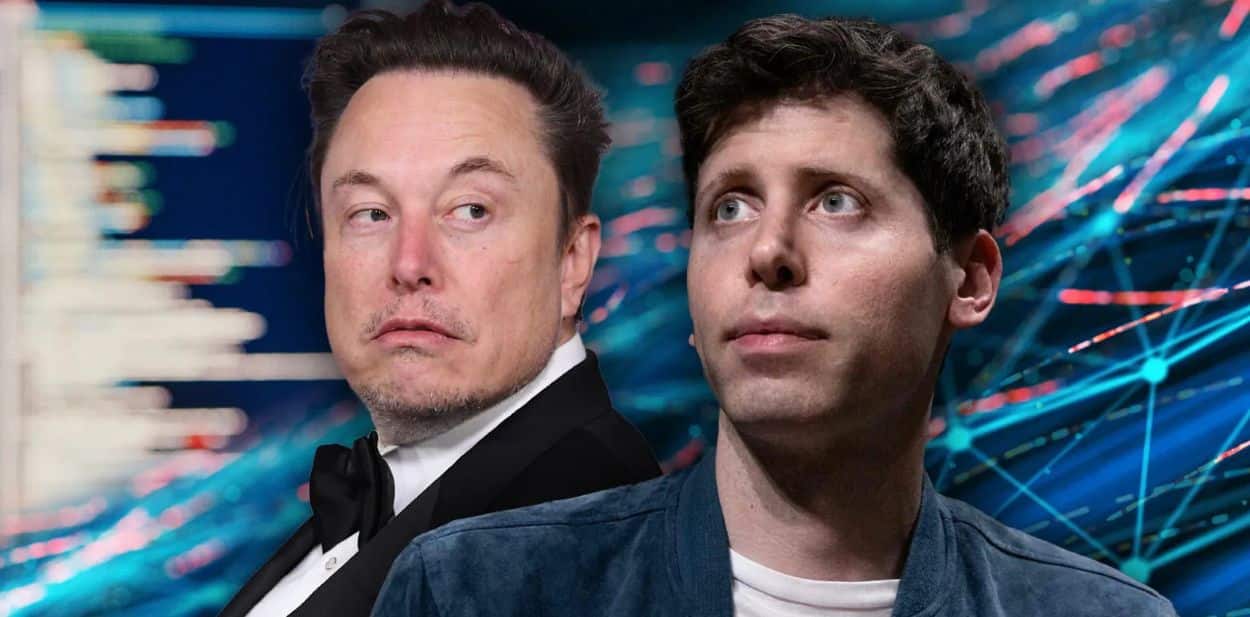OpenAI CEO Sam Altman has publicly criticised workplace messaging platform Slack for creating what he calls “fake work” in technology companies. He argues that many organisations rely too heavily on such platforms, creating an illusion of productivity without meaningful output.
The comments emerged during Altman’s recent conversation with economist Tyler Cowen on his YouTube channel. Microsoft, which maintains a significant stake in OpenAI, competes directly with Slack through its Microsoft Teams platform.
Altman acknowledged Slack’s benefits for communication and coordination but emphasised its drawbacks. “Slack has many positives, but it creates endless fake work,” Altman stated during the interview.
Sam Altman says Slack has many positives, but it creates endless fake work
We need an AI-native productivity suite to replace docs, slides, email, and Slack
Not add-on features, but trusted agents that handle work and only escalate when needed
This finally feels within reach pic.twitter.com/aEYvokzvrA
— Haider. (@slow_developer) November 9, 2025The OpenAI CEO specifically described his personal experience with notification overload. “I dread the first hour of the morning and the last hour before bed when I’m dealing with this explosion of Slack,” Altman revealed. He explained that constant notifications and threads can overwhelm employees, making them feel busy without accomplishing meaningful work.
Read: Calpers to Vote Against Elon Musk’s $1 Trillion Tesla Pay Package
Beyond criticising existing tools, Altman outlined his vision for future productivity software. He argued that simply adding AI features to existing platforms, such as Google Docs or Gmail, proves insufficient.
At this point, it’s insanely suicidal for Microsoft to continue supporting OpenAI
— Elon Musk (@elonmusk) November 9, 2025Instead, Altman called for completely new AI-native productivity suites built from the ground up. “The actual version involves trusting your AI agent and my AI agent to work most stuff out and escalate to us when necessary,” he explained. This approach would allow humans to focus on truly meaningful work while AI handles routine tasks.
Tech billionaire Elon Musk quickly responded to Altman’s comments with a stark warning for Microsoft. “At this point, it’s insanely suicidal for Microsoft to continue supporting OpenAI,” Musk wrote on his social media platform X.
Musk reinforced his position in a separate post, stating clearly: “As I was saying, OpenAI will compete directly with Microsoft.” These comments highlight growing tensions in the AI industry as companies navigate complex partnerships and competition.
Microsoft originally invested $1 billion in OpenAI in 2019. That investment has grown substantially, with current estimates valuing Microsoft’s stake at approximately $135 billion. Meanwhile, Salesforce-owned Slack continues competing with Microsoft Teams in the workplace collaboration market.






